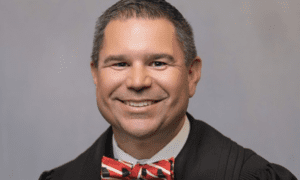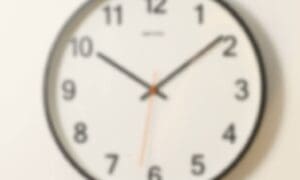There is still no word on a course of action by the Fayette County Board of Commissioners (BOC) and the Fayette County Board of Education (BOE) on their plans after a three-judge federal panel on Jan. 7 rejected the decision by U.S. District Judge Timothy C. Batten on the district voting lawsuit brought by the Georgia Conference of the NAACP and is sending the case back to federal court. The BOC and BOE are waiting to hear from Judge Batten to determine their next move.
While the BOC has offered “no comment” on any future course of action, BOE Chairman Marion Key did offer some insight into the decision-making process.
Contacted about the issue, Key said BOE attorney David Walbert is currently out of the country. Attempting to determine the next course of action, Key contacted school board attorney Phil Hartley.
Key said her understanding was the the appeal court has a window of time to issue a formal order to Batten’s court. Once Batten receives the order he will decide how he wants to proceed and will set a date, Key added.
Nothing can be done until that time, Key said.
Members of the BOC after an email asking about their response each said they had “no comment.”
The 11th Circuit Court of Appeals decision on the appeal by the BOC and BOE of a federal court decision mandating district voting in Fayette County determined the need for a trial rather than relying on the summary judgment issued previously by Judge Batten.
The three-judge panel heard the appeal by the BOC and BOE and that of the Georgia Conference of the NAACP (National Association for the Advancement of Colored People) and a number of Fayette County residents.
The panel ruled on Jan. 7 that Judge Batten made a mistake in granting summary judgment in favor of the NAACP and against the BOC and the BOE in the lawsuit alleging racial discrimination under the federal Voting Rights Act.
The appeal win means that the BOC and BOE get to present a fresh case for holding on to at-large voting before Judge Batten in what is known as a bench trial. That means that the judge will act as a one-man jury to hear all the evidence and rule after all evidence is presented.












Leave a Comment
You must be logged in to post a comment.